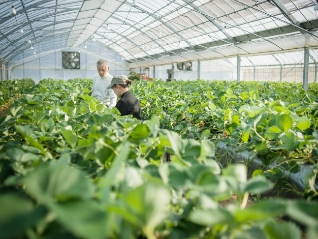Rapports et études
Nos spécialistes sectoriels et nos économistes publient régulièrement des rapports rétrospectifs et prévisionnels sur des secteurs, des études sur une région particulière ou des résultats d'enquêtes économiques. Vous trouverez ces publications ci-dessous.








































